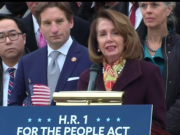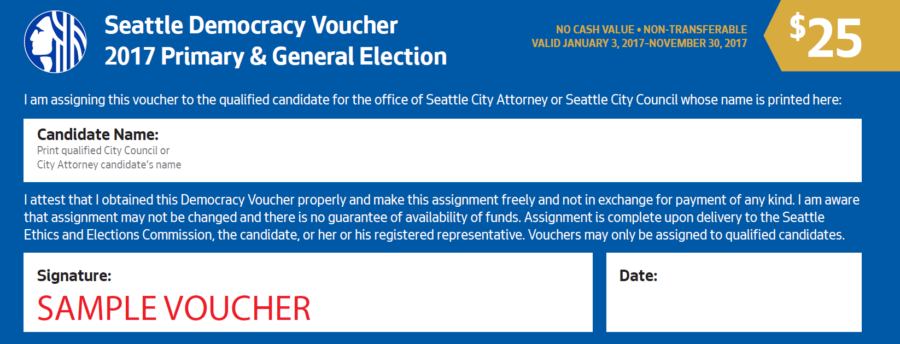Maine’s tax-financed campaign program is struggling, according to an article by the Bangor Daily News’ Mario Moretto. He writes, “[t]he steady, precipitous decline in participation in Maine’s publicly funded election program continues this year, with only about half of all legislative candidates opting to forgo private campaign contributions.”
Moretto explains that, “[i]n 2006 and 2008, at its peak, roughly eight in 10 Maine candidates chose the public funding route for their campaigns.… This year, just 51 percent of candidates are running ‘clean.’”
The decline in participation is attributed to both ideology and circumstance. House Republican Leader Ken Fredette explains that many Republicans feel it’s wrong to accept taxpayer dollars to pay for their campaigns, saying, “[i]t’s the philosophy that government shouldn’t provide money to me to run for office. I should raise that money myself, if I want to be a candidate.”
We agree that candidates should raise their own campaign money. This is a key distinction between differing views on how to solve the larger problem of incumbency advantage in elections. Some argue that to bolster new candidates and challengers we should provide taxpayer dollars to candidates, while others (like CCP) think we should simply allow candidates to raise larger or unlimited private contributions.
One of the problems with the tax-financing approach is that these programs can be exploited by corrupt or unserious candidates. Convincing donors to contribute is an important aspect of campaigning and a way to demonstrate a candidate’s viability in the election. Additionally, a donor who chooses to contribute a significant amount to a candidate is likely to first make sure the candidate is organized and has a feasible plan for a successful campaign. If not, they alone bear the cost of their poor judgment. A government program in which only a small number of requirements must be met for a candidate to receive funding is considerably easier to game, and everyone’s money is on the line.
But perhaps the larger factor in the decline of participation in Maine’s tax-financing scheme is the usual culprit: that pesky First Amendment. As Moretto notes in his article, Citizens United v. FEC removed the government’s ability to limit or prohibit independent expenditures and Arizona Free Enterprise Club Freedom Club PAC v. Bennett ruled that it could not provide additional taxpayer funding to publicly-financed candidates facing large amounts of independent spending.
The decline in participation in Maine’s program post-Citizens United and Arizona Free Enterprise Club shows that it only ever attracted a strong majority of candidates because the government was able to restrict and limit the speech of others. Now that citizens (or “outside” spenders, if you want it to sound scary) can speak freely in Maine, candidates are less willing to agree to limits on their own voice.
It’s a revealing transition that shows how the alleged benefits of tax-financed campaigns depend on assumptions about other campaign finance regulations. There’s often heated disagreement over whether advocates for increased campaign finance regulation are promoting what they term “common sense” regulations or attempting to control the entire political process. Maine’s struggles show that these can often be two sides of the same coin. As people change their behavior in response to new policies, even more new policies – at even greater expense – become necessary. And losing one piece of regulation – whether through court ruling, legislative action, or advances in technology or campaign strategy that render it irrelevant – can bring the whole house of cards down.
So it is with Maine’s tax-financed campaign program. Moretto’s article notes that Maine Citizens for Clean Elections is promoting an initiative “that would allow publicly funded candidates to qualify for additional state funding by collecting additional qualifying contributions from voters.” In other words, the state should spend even more of its limited resources promoting politicians.
The ratchet effect of tax-financing programs is another major drawback to these schemes. When advertised, proponents are quick to assure the public that they are getting a bargain. But once the program starts to underperform – as they generally seem to – they immediately call for more funding. Thus New York City’s program, which originally matched contributions to candidates at a 1:1 ratio, now matches 6:1.
Tax-financed campaign programs aim for a noble goal – making it easier to get involved in politics – but miss the mark all while underperforming, and at considerable, ever-growing cost. The First Amendment offers a different path from the never-ending web of campaign finance “reform.” It provides real bright lines: “Congress shall make no law… abridging the freedom of speech.”














